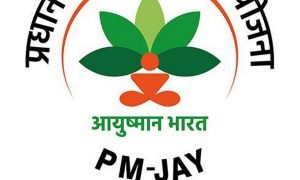How to Reverse Wrong UPI Transaction: A 4-hour limit is likely to be imposed for the first-time digital transactions, including IMPS, RTGS and UPI, over Rs 2,000
Read More:-BPCL Rises 2% On Interim Dividend Declaration Of 210%. Know Record Date, Key Details
Even as the instances of financial fraud are coming to the fore in large numbers, the government is planning to introduce a safeguard on digital payments to reverse transactions in four hours, according to an Indian Express report quoting a senior government official. It said the 4-hour limit is likely to be imposed for first-time digital transactions, including IMPS, RTGS and UPI, over Rs 2,000.
“We are looking to add a time limit of four hours for first-time digital transactions over Rs 2,000. The discussion will be taken up during a meeting on Tuesday with government and industry stakeholders including the Reserve Bank of India, various public and private sector banks, and tech companies like Google and Razorpay,” the senior government official was cited by IE as saying.
Read More: Rs 1 Lakh Crore In 1 Day! Adani Group Stocks Jump 20% In Their Best Day Since Hindenburg Report
The official also said, “Basically, how it will work is that you will have four hours after making a payment to someone for the first time to reverse or modify the payment. It will be along the lines of NEFT (National Electronic Funds Transfer) where the transaction happens within a few hours. Initially, we did not want to have any amount limit thresholds, but through informal discussions with the industry, we realised it could impact small-scale buying like groceries etc. so we are planning to give a leeway to transactions under Rs 2,000.”
Read More: Booking holdings to invest $250 million in Bengaluru tech centre
The 4-hour window will be like similar to the current UPI payments limit for new users. When a user creates a new UPI account, he or she can send up to Rs 5,000 in the first 24 hours. Similar is the case with NEFT, where a maximum of Rs 50,000 can be transferred in the first 24 hours after activation of a beneficiary.





































